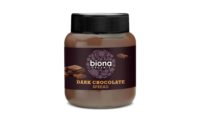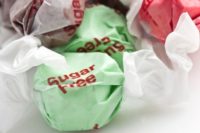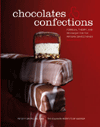Report: Demand for synthetic emulsifiers expected to decrease
Global Market Insights reports also says the result will be an increased demand for natural emulsifiers.

The demand for synthetic food emulsifiers is likely to decrease over the next few years. That’s according to a report from Global Market Insights, Inc.
“Synthetic food emulsifier demand as a food additive may decrease owing to its negative health effects including metabolic syndrome, gut problems, obesity, and bowel diseases,” the report states. “This may hamper food emulsifier market growth and industry price trends.”
However, that’s also expected to have the domino effect of increasing demand for natural emulsifiers. Specifically, there’s expected to be an increased demand for lecithin, which is derived from soybeans, cottonseeds, milk and egg yolks and prevents food ingredients from separating out. It’s typically used for margarine, bakery products, confectionery goods, and salad dressings.
And the overall food emulsifier market from bakery and confectionery application is expected to observe significant gains of 5.5 percent by 2025.
Food emulsifiers are amphiphilic molecules which helps to form a mixture of oil and water. They are typically used for bakery goods including cakes, breads, and cookies. And there’s expected to be an increase in the demand for cookies and breads, as consumers seek out more convenience foods.
The global food emulsifier market is competitive and highly fragmented with major industry players including: Palsgaard, Cargill, Mitsubishi Chemical Corporation, Riken Vitamin, Abitec Corp, BASF, and Lonza Group. Companies are investing heavily in capacity expansion, R&D, and product portfolio expansion for growing product demand.
Global Market Insights, Inc. has released a detailed overview of Food Emulsifiers Market with respect to the pivotal drivers influencing the revenue graph of this business sphere. To purchase the report, visit the Global Markets Insights website.
Looking for a reprint of this article?
From high-res PDFs to custom plaques, order your copy today!










